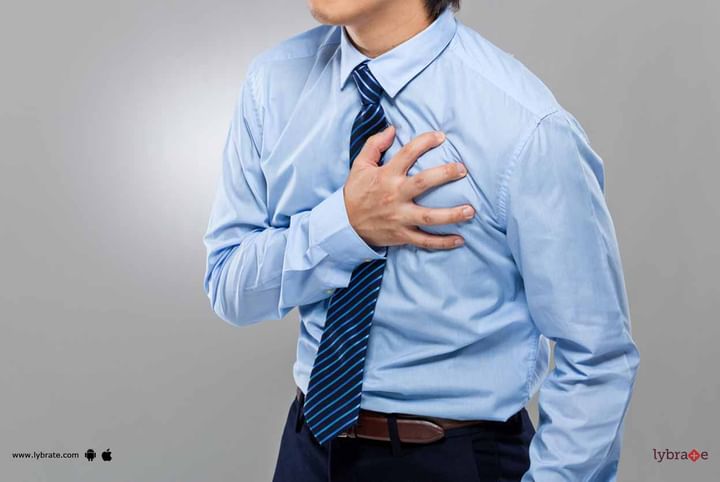Heart Attack & Cardiac Arrest - Did You Know The Difference?
A heart attack and Cardiac Arrest may sound like terms that have the same medical meaning. They are not. While a heart attack occurs when the flow of blood to the heart is blocked, a cardiac arrest occurs when the heart stops to beat. You might want to know the causes behind the conditions and the symptoms and signs that one may experience. Read on to know about them.
What is a heart attack and what is a cardiac arrest?
When the flow of blood towards the heart gets blocked, a heart attack occurs. This may be due to a clot in the arteries or plaque buildup on the walls of the arteries. A sudden cardiac arrest occurs when the affected individual's heart malfunctions as well as it stops to beat all of a sudden.
Thus, it is evident that heart attack is actually a circulation problem whereas cardiac arrest is an electrical problem. During a heart attack, blood rich in oxygen is not allowed to reach a particular part of the heart because of a blocked artery. If quick treatment is not done for reopening the blocked artery, then that specific section of the heart which receives nourishment from that artery tends to die.
In cardiac arrest, as the heart stops beating unexpectedly, so organs like brain, lungs, etc. also stop receiving blood. It results in a sudden fall in blood pressure as well as the circulatory system tends to collapse. Usually, the affected individual loses consciousness because the flow of blood to the brain decreases. Death might follow if emergency treatment is not carried out immediately.
Quite like the conditions are different, the symptoms are also different. Here are some of the most common symptoms of both heart attack and sudden cardiac arrest. It will assist you in understanding that both these health issues are different.
Symptoms of a heart attack:
Pressure or pain in abdomen or chest, trouble breathing, sweating, dizziness, chest tightening feeling, pain that spreads to arm or jaw, losing unconsciousness, heart palpitation, etc. are some of the basic signs. According to studies, nearly one-thirds of the heart attack patients do not undergo chest pain during heart attacks.
Particularly women experience atypical symptoms other than the ones that are mentioned above. Few of them include gastric pain, vomiting, nausea, breathing problem without any chest pain, getting unconscious, etc.
Symptoms of Cardiac Arrest:
Collapse, dizziness, trouble in breathing, chest pain, blue discoloration of face, etc. are the most common sudden cardiac arrest's signs. A huge number of people who experience cardiac arrest do not experience any symptoms at all.
Though both heart attack and cardiac arrest are linked to each other some way or the other, yet they are different. However, both the conditions need immediate medical assistance, an absence of which may prove fatal.



+1.svg)
